Being a paramedic is one of the most varied and rewarding jobs there is. There are so few environments where I could see the beginning of a new life and the end of a life in the same 12 hour shift. I meet people from all walks of life, from the homeless, to patients sat in their own library, and with any imaginable illness or injury.
I think that the perception of what the ambulance service does each day is different to what really happens, and you soon realise that it isn’t all car crashes and cardiac arrests. I reckon that people probably think we spend most of our time bandaging wounds, splinting fractures and defibrillating stopped hearts, but the skill I use most frequently is communication, and I think that surprises most people.
I’ve been really lucky to have a family who have been really understanding about my long obscure shifts, but also have brought me up in such a caring environment, allowing me to take that compassion and care to work with me. A big part of who I am is my warmth, my sense of humour, and my drive to do the right thing, and I definitely take this from my mum and dad.
I love making people smile – I don’t think it’s particularly arrogant to say that I’m quite good at it, and this job was a great way to find even more ways to do that, whether it’s through relieving suffering with medication, or simply cracking a joke to take someone’s mind off their injury briefly. I’m inspired by seeing the difference that such short-term interactions can have on a person.
The best thing about my job is the variety. I meet so many different people every week, and each one is in a different environment, has a different problem, and has a different life story to tell. We get to see a little snapshot into that story and their life. No one plans for an ambulance crew to arrive, so what we see is so candid and raw – it’s a huge privilege.
One of the hardest things about being a paramedic is the patients you just can’t help. That’s not to say the patients who unfortunately die whilst in our care, but more the people in challenging social situations who are so deeply set in there that they can’t see a way out. There is only so much we can do for each person we meet, and as the saying goes, “You can lead a horse to water, but you can’t make it drink”. These patients often have the biggest impact on me, having to walk away knowing that their situation won’t change, and that we’re likely to see them again in the same or a worse condition.
In November 2017, I created the hashtag #BlueLightHappy, encouraging both the public and my colleagues to share stories of positivity towards emergency services staff. I really feel that it’s helped remind people that we’re human, that we have feelings, and that we react to the things that happen to us. It’s reminded me that a simple “thank you” can really make someone’s day and made me very conscious of thanking people as often as I can.”

